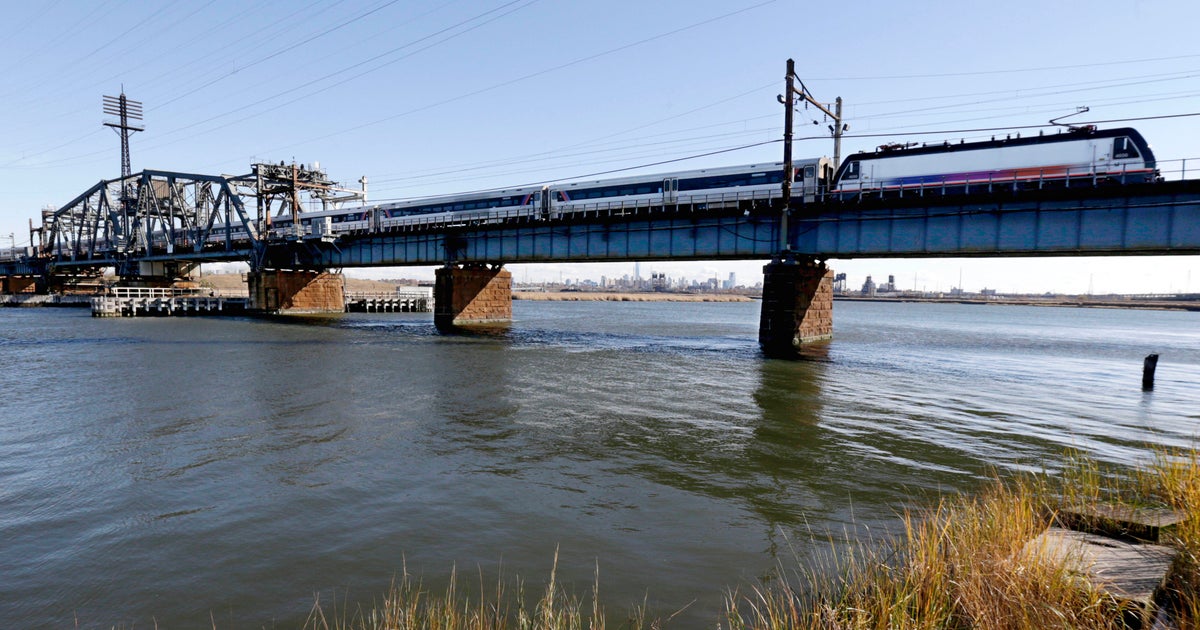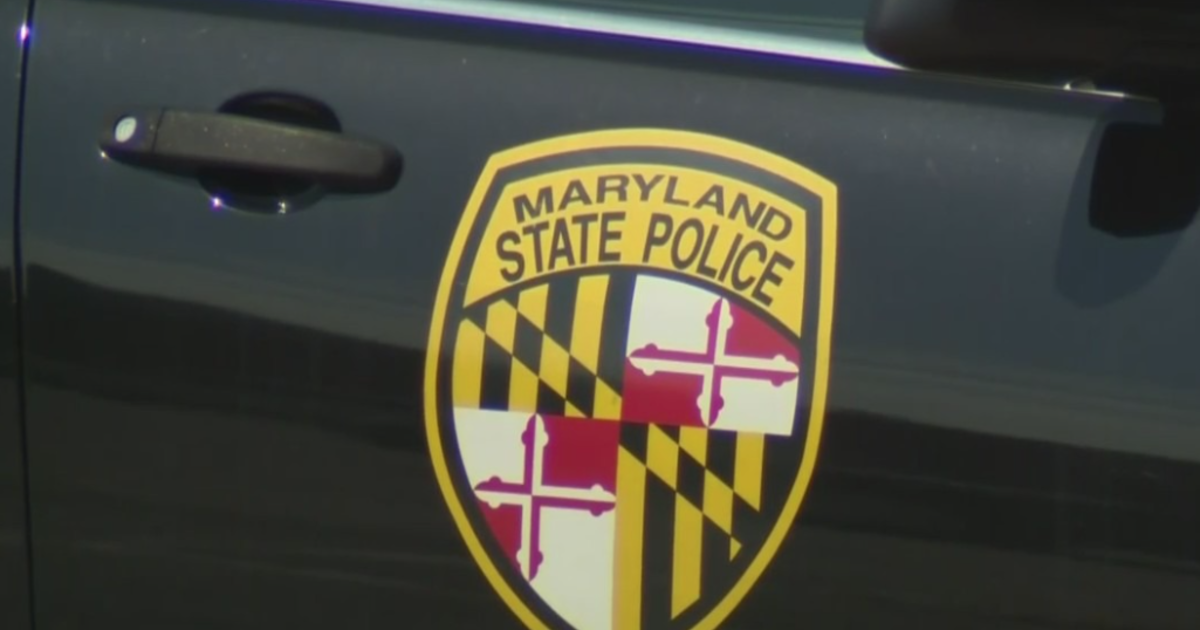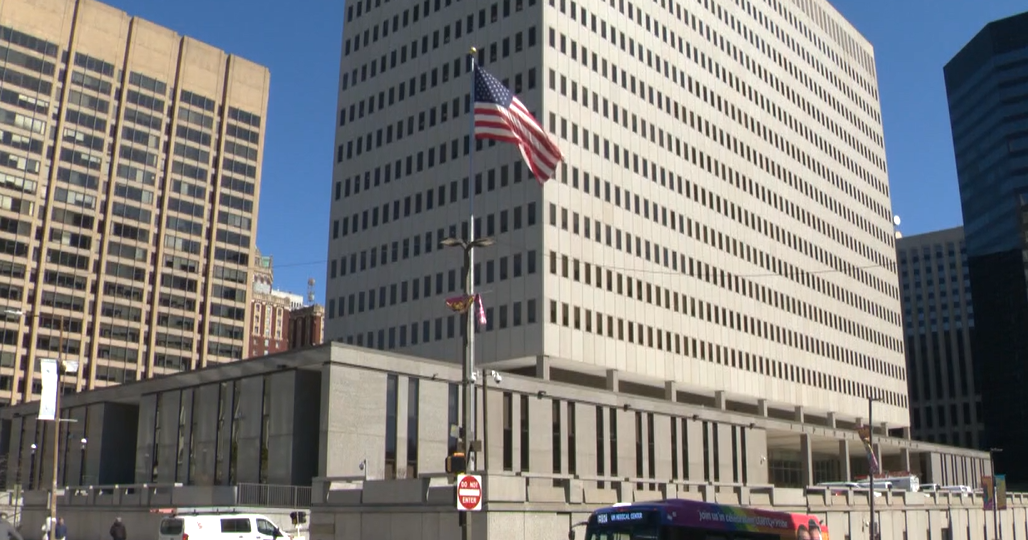House Passes Amtrak Bill That Could Boost Northeast Service
WASHINGTON (AP) -- In a rare burst of bipartisanship, the House moved Wednesday to boost Amtrak's popular service between Boston and Washington while giving states a greater say in the local routes they help subsidize.
The bill, approved by a vote of 316 to 101, authorizes $7.2 billion in federal subsidies for passenger rail, including $1.7 billion a year over four years in subsidies for Amtrak. That's nearly the same as current spending levels, disappointing Amtrak supporters who had urged a significant increase to help the railroad address its deteriorating infrastructure and aging equipment.
But in a compromise between Democrats and Republicans, the bill separates Amtrak's Northeast Corridor service between Boston and Washington from its long distance routes. That would allow Amtrak to use profits from the money-making corridor for improvements that could speed up trains and enhance service on the route. Amtrak officials have long complained that they've had to use Northeast Corridor profits to subsidize 15 unprofitable long-distance routes around the country.
The bill would also give officials in 19 states "a seat at the table" with Amtrak when deciding changes and budgets for service in their states, said Rep. Bill Shuster, R-Pa., chairman of the House Transportation and Infrastructure Committee. And it directs Amtrak to make changes in the financial information it provides state and local governments and the public so that the information is more "transparent," he said.
The White House said in a statement earlier in the week that it supports passage of the bill because it would improve Amtrak service, but complained that the measure doesn't provide enough money and lacks provisions to improve safety.
In a nod to conservatives, the bill permits "streamlining" of environmental and other regulations to speed up the time involved in approving construction projects. And the bill directs Amtrak to take certain steps to eliminate operating losses for food service aboard trains.
Despite those concessions, the conservative pressure groups Heritage Action and Club for Growth sent messages to lawmakers before the vote opposing the bill and warning that it will be considered a "key vote" in judging their performance in office.
"Most Republicans claim they want to end or greatly reform Amtrak," the Club for Growth said. "But this bill doesn't do that, even though it was drafted and supported by House GOP leaders."
Acknowledging the conservative opposition, Shuster said: "I know some of my colleagues are skeptical of Amtrak and passenger rail in general ... but it is a good, strong reform bill. Neither side got everything they want." He said the bill "sets Amtrak on a course to improve itself" so that someday federal subsidies will no longer be needed.
One hundred and one Republicans voted against the bill despite their leadership's support for the measure. In favor of the bill were 132 of their GOP colleagues and all 184 Democrats who cast votes. A similar Amtrak bill passed the House with overwhelming GOP support last year, although it died in the Senate.
Despite their overwhelming vote in favor, Democrats were also lukewarm on the measure. "It's an OK bill," said Rep. Peter DeFazio, D-Ore., the measure's co-sponsor along with Shuster.
Just before the bill passed, a GOP amendment to eliminate all federal subsidies for Amtrak was defeated by a vote of 147 to 272.
Ed Wytkind, head of the AFL-CIO's Transportation Trades Department, which represents Amtrak workers, said the amendment would have "hollowed out our only national passenger railroad, and destroyed thousands of middle-class jobs."
In the past, Republicans have pushed to privatize Northeast Corridor service, saying private companies could operate trains there more efficiently. But the bill's sponsors were able to beat back such attempts this year, arguing it would undermine Democratic support for the measure and prevent passage of a bill.
Senate action is also required, but key senators have so far expressed no urgency to take up the matter.
------
Follow Joan Lowy on Twitter at http://www.twitter.com/AP--Joan--Lowy
(Copyright 2015 by The Associated Press. All Rights Reserved.)







